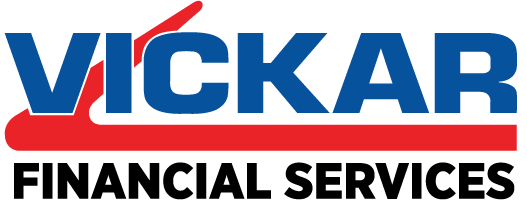Building Your Credit Score as a Newcomer in Canada
Building Your Credit Score as a Newcomer in Canada: A Comprehensive Guide
Congratulations on starting a new chapter of your life in Canada! As you settle into your new environment, one crucial aspect of financial stability you need to focus on is building a healthy credit score. A good credit score is essential for obtaining loans, credit cards, and even certain rental agreements. This blog post will provide you with a comprehensive guide on how to build your credit score as a newcomer in Canada.

Obtain a Social Insurance Number (SIN)
Your first step in building credit in Canada is to obtain a Social Insurance Number (SIN). This unique nine-digit number is essential for working, filing taxes, and accessing government benefits. Additionally, it allows financial institutions to track your credit history.
Open a Canadian Bank Account
Opening a bank account with a Canadian financial institution is vital for managing your money and starting your credit journey. Choose a bank that offers newcomer-specific services and ask for guidance on which account best suits your needs. Opening an account establishes a financial relationship in the country, which can be beneficial for future credit applications.
Apply for a Secured Credit Card
A secured credit card is an excellent option for newcomers to start building credit in Canada. These cards require a refundable security deposit, which serves as collateral and sets your credit limit. By using your secured credit card responsibly and paying your bills on time, you can demonstrate your creditworthiness to lenders and eventually transition to an unsecured credit card.
Apply for a Credit Builder Loan
A credit builder loan is another tool designed to help you establish a credit history. This small loan is held in a secured savings account, and you make regular monthly payments until the loan is repaid. These payments are reported to the credit bureaus, helping you build your credit score. Credit builder loans are typically available at credit unions or community banks.
Pay Your Bills on Time
Paying your bills, such as rent, utilities, and credit card balances, on time is crucial for establishing a positive credit history. Lenders view timely payments as a strong indicator of your ability to manage debt responsibly. Consider setting up automatic payments or reminders to ensure you never miss a due date.
Keep Your Credit Utilization Low
Credit utilization is the percentage of your available credit that you’re currently using. Ideally, you should aim to keep your credit utilization below 30%. This demonstrates to lenders that you can manage your credit responsibly without maxing out your credit limit.
Diversify Your Credit
Once you’ve built a foundation of good credit habits, consider diversifying your credit profile by taking on different types of credit, such as a line of credit, personal loan, or auto loan. This can help improve your credit score by demonstrating your ability to manage various types of debt.
Regularly review your credit report to ensure it’s accurate and to identify any potential errors. You can request a free credit report from the two major credit bureaus in Canada, Equifax and TransUnion. Monitoring your credit report can also help you detect early signs of identity theft or fraud.
Building a healthy credit score as a newcomer in Canada requires discipline, patience, and dedication. By following these steps and maintaining good financial habits, you’ll be well on your way to establishing a strong credit history that will serve you well throughout your life in Canada.

